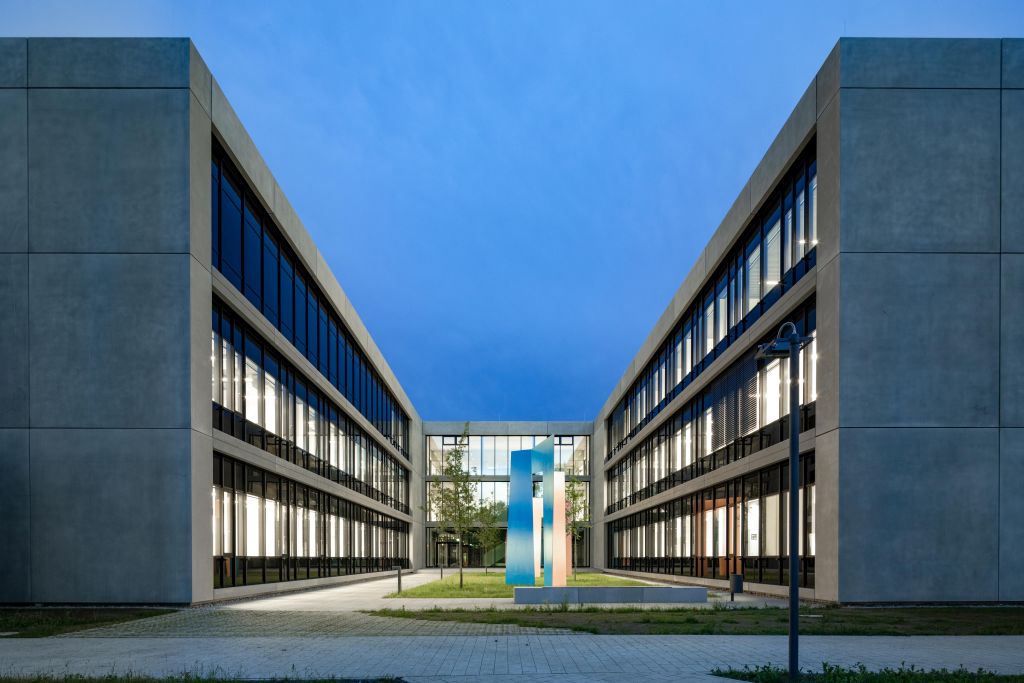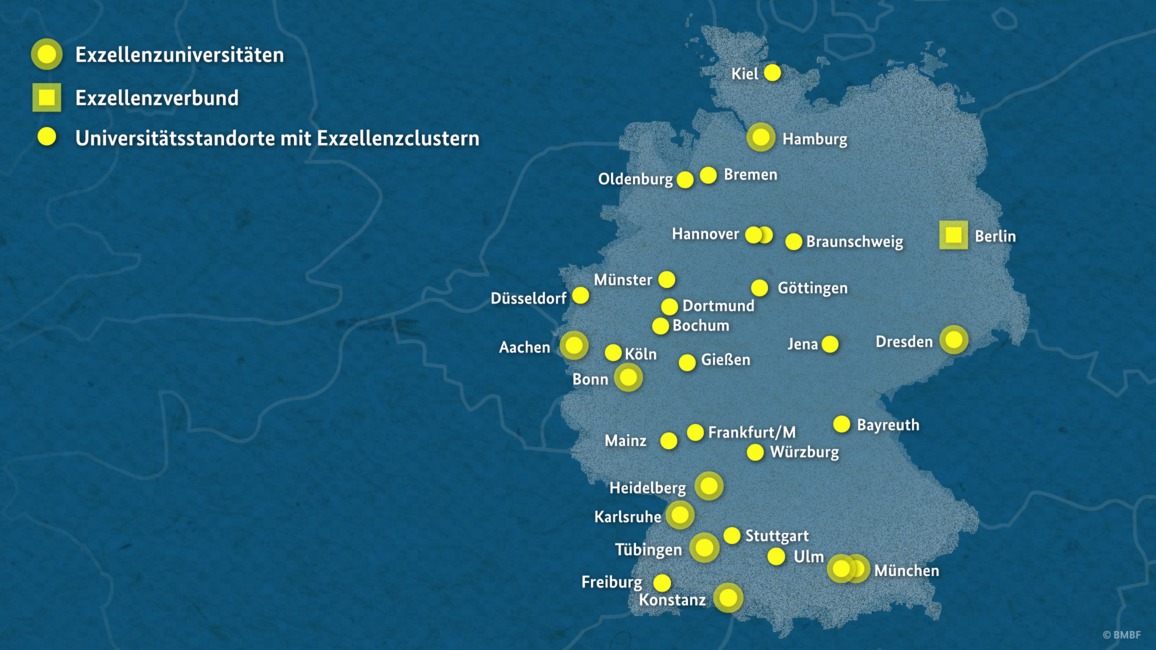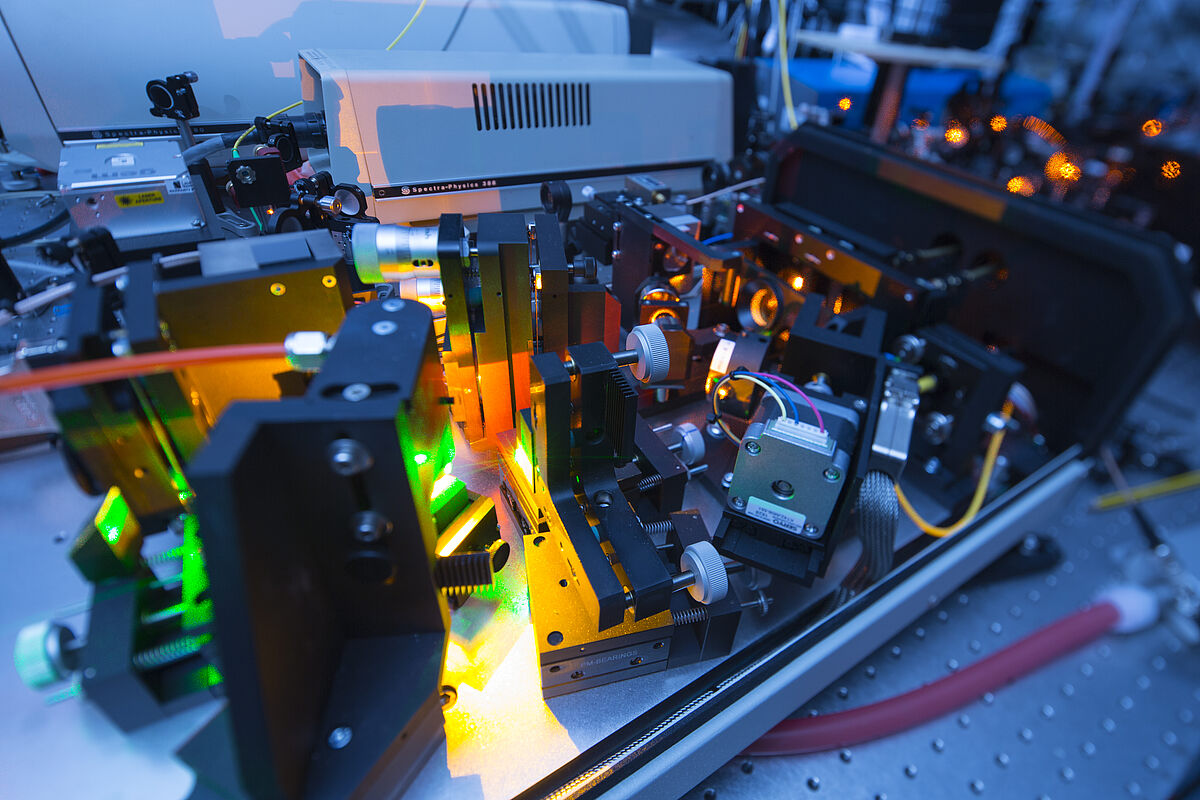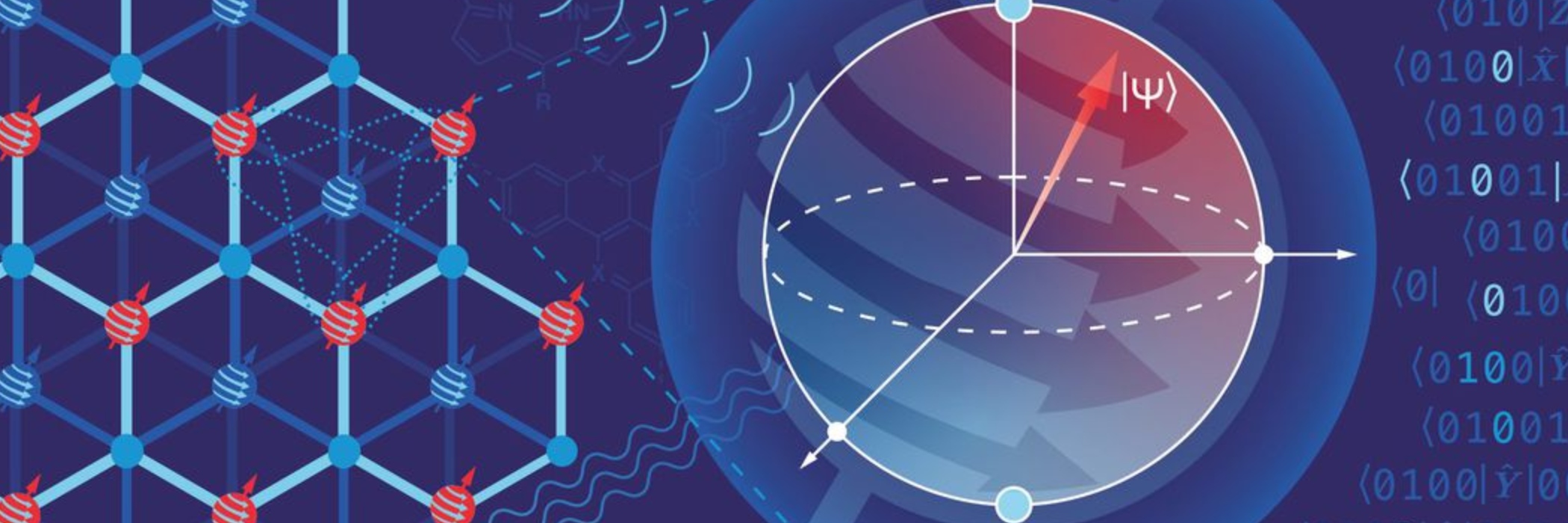
Cluster of Excellence proposal in the next round
2/2/2024, Press release of Ulm University
Cluster of Excellence proposal Chem4Quant in the next round
From a total of 143 draft proposals, the panel of experts for the Excellence Strategy initiative has selected 41 for a full proposal. These include the “Chem4Quant” draft proposal from KIT (the university managing the funds), Ulm University and the University of Stuttgart. In this joint project, an interdisciplinary team from the areas of chemistry, physics, computer science and materials science is seeking to develop atomically precise material structures to be used in future quantum technologies. Using a chemical platform, qubit materials are to be planned and designed in such a way that they will be ideally suited to the specific requirements of quantum technology. The high-precision quantum architectures are intended for use in such areas as the future quantum internet.
“We are thrilled that our draft proposal was successful and that we can now submit a full proposal for a Cluster of Excellence”, says Professor Fedor Jelezko. Jelezko is the head of the Ulm Institute of Quantum Optics and project spokesperson for Ulm University. “We are pooling globally unique expertise in the field of quantum science in Ulm, Stuttgart and Karlsruhe. This advanced technology is one of the driving forces of innovation for the future and puts the (German) Southwest in a position of guaranteed success in global scientific and economic competition”, emphasises Professor Michael Weber, president of Ulm University, who announced the good news at Ulm University’s Dies academicus.
IQST and QuantumBW at the heart of the proposal
At the heart of regional quantum research is the Centre for Integrated Quantum Science and Technology (IQST). The IQST is an interdisciplinary group of researchers from the natural sciences and engineering that is unique in Germany. It is jointly run by Ulm University, the University of Stuttgart and the Max Planck Institute for Solid State Research.
Their shared goal is to develop innovative technologies based on the principles of quantum physics. The IQST is part of the QuantumBW network, which is funded by the state of Baden-Württemberg with the aim of providing a collaborative network for members of science and industry in this field.
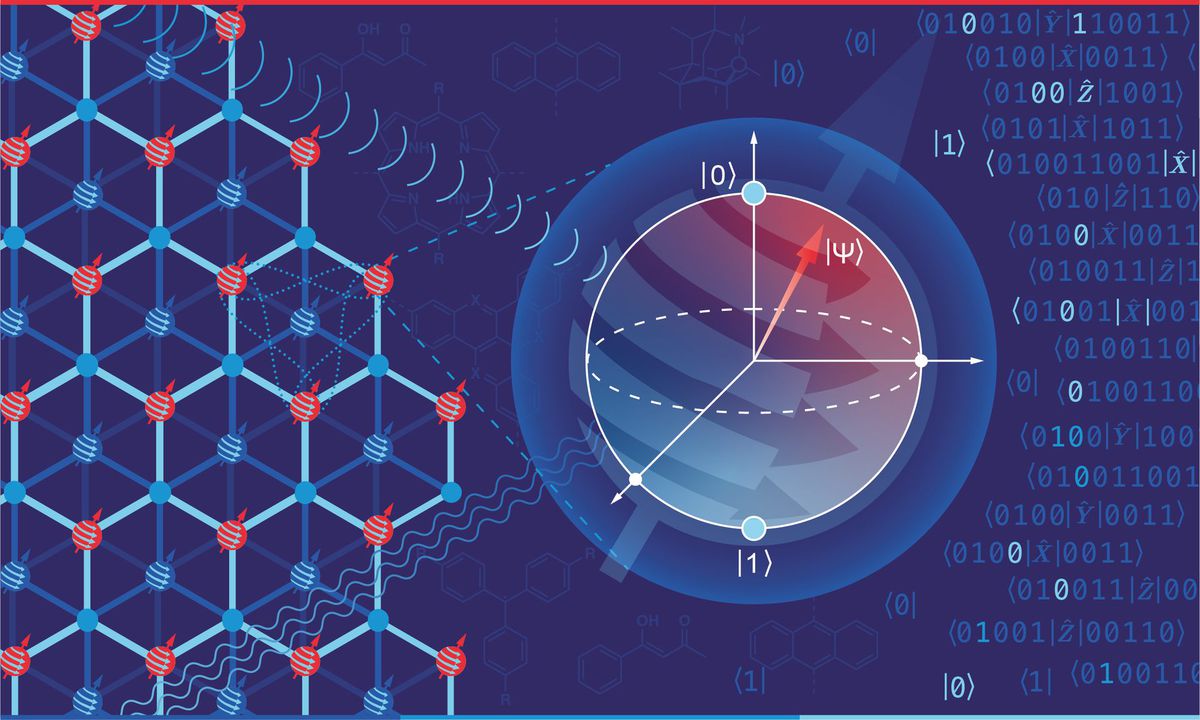
We are thrilled that our draft proposal was successful and that we can now submit a full proposal for a Cluster of Excellence.
Head of the Ulm Institute of Quantum Optics
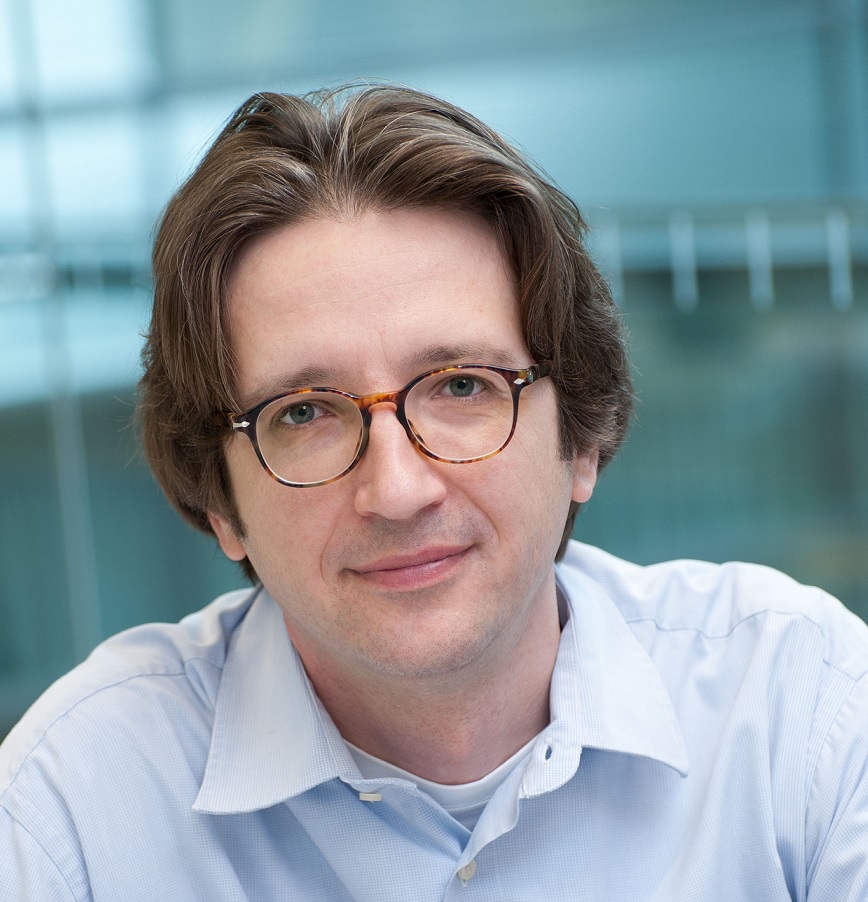
Information on the draft proposal Chem4Quant: Chemical platform for high-precision quantum architectures
In the joint initiative Chem4Quant, researchers from KIT, Ulm University and the University of Stuttgart aim to develop specific material structures for future quantum technologies. Despite the breakthroughs achieved in the field of quantum technology so far, many of the platforms currently in use remain limited in terms of scalability, adjustability, positionability and error correction. Chem4Quant is thus proposing a fundamentally new approach, with a chemistry-based platform. Quantum architectures that can be precisely defined in a chemical sense make it possible to deliberately plan atomically precise material structures and their quantum properties. For example, qubits can be positioned in electrical or photonic components with a precision that lies below the nanometre range.
The initiative aims to create new qubit materials and develop the first components for the future quantum internet. In this context, Chem4Quant can draw on globally unique expertise in the field of molecular quantum systems as well as established partnerships.
The Clusters of Excellence funding line is part of the Excellence Strategy of the German federal and state governments. The funding programme is administered by the German Research Foundation (Deutsche Forschungsgemeinschaft, DFG). Approved Clusters of Excellence receive 3 to 10 million euros per year and the maximum duration of funding is two periods of seven years each.
The application process has multiple phases. The panel of experts has now selected 41 out of a total of 143 draft proposals for full proposals (EXC proposals). The final funding decision on the future Clusters of Excellence will be taken in late May 2025.
Further Information
